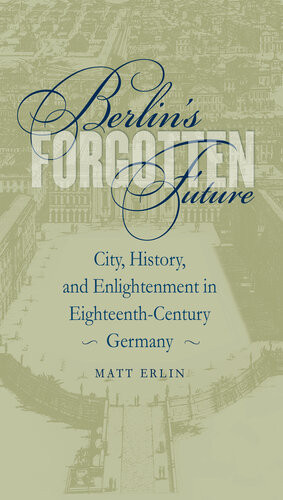

Most ebook files are in PDF format, so you can easily read them using various software such as Foxit Reader or directly on the Google Chrome browser.
Some ebook files are released by publishers in other formats such as .awz, .mobi, .epub, .fb2, etc. You may need to install specific software to read these formats on mobile/PC, such as Calibre.
Please read the tutorial at this link: https://ebookbell.com/faq
We offer FREE conversion to the popular formats you request; however, this may take some time. Therefore, right after payment, please email us, and we will try to provide the service as quickly as possible.
For some exceptional file formats or broken links (if any), please refrain from opening any disputes. Instead, email us first, and we will try to assist within a maximum of 6 hours.
EbookBell Team

4.4
62 reviewsThrough
an analysis of the works of the Berlin Aufklarer Friedrich Gedike, Friedrich
Nicolai, G. E. Lessing, and Moses Mendelssohn, Matt Erlin shows how the rapid
changes occurring in Prussia's newly minted metropolis challenged these
intellectuals to engage in precisely the kind of nuanced thinking about history
that has come to be seen as characteristic of the German Enlightenment. The
author's demonstration of Berlin's historical-theoretical significance also
provides perspective on the larger question of the city's impact on
eighteenth-century German culture. Challenging the widespread idea that German
intellectuals were anti-urban, the study reveals the extent to which urban
sociability came to be seen by some as a problematic but crucial factor in the
realization of their Enlightenment aims.
Acknowledgments.
Note
on the Translations.
City,
History, Enlightenment.
Fashion,
Progress, and the Multiple Futures of Late Eighteenth-Century Berlin.
Urban
Exegesis in the Works of Friedrich Nicolai.
Aesthetic
Experience and Urban Enlightenment in G. E. Lessing’s.
Moses
Mendelssohn and the Philosophy of the City.
Conclusion:
Metropolis, Hybridity, and Historical Consciousness.
Notes.
Works
Cited.
Index.